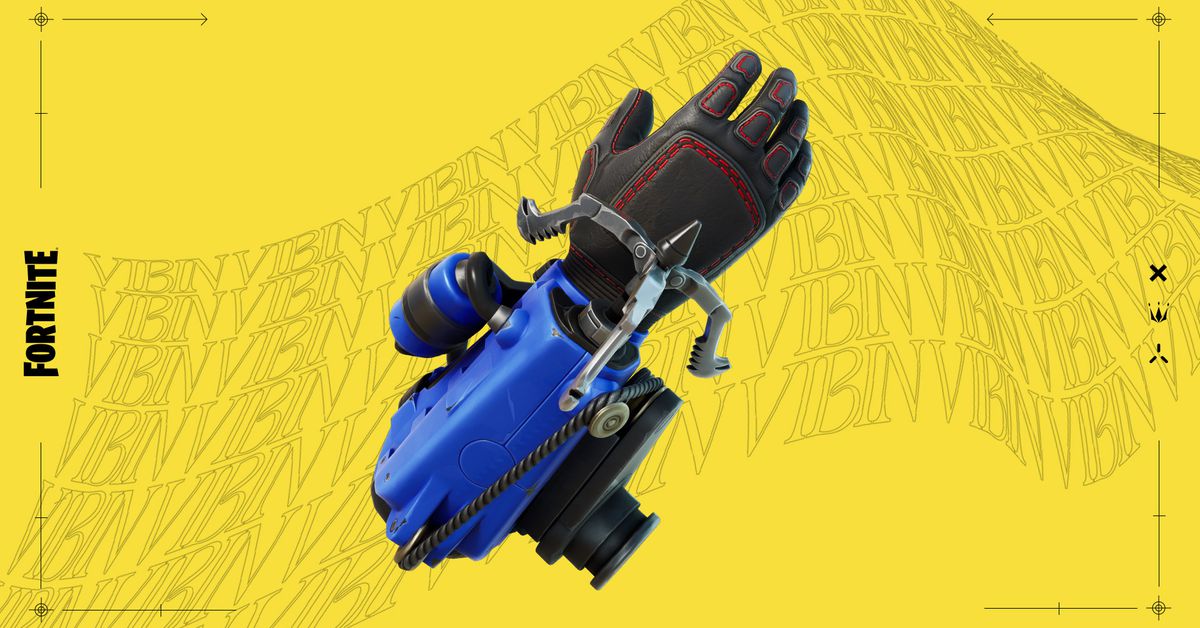Google Brain alum to helm new nonprofit AI research lab
We are excited to bring Transform 2022 back in-person July 19 and virtually July 20 – 28. Join AI and data leaders for insightful talks and exciting networking opportunities. Register today!
Sara Hooker, research scientist at Google Brain, says she is a “little bit rogue” in the field of machine learning (ML).
Certainly she didn’t take a straight-and-narrow path to ML research. Growing up in Africa, she had planned to become an economist while attending college in Minnesota, but discovered engineering and ML while working as an analyst in the Bay Area and was immediately obsessed. A few years later, she had joined Google Brain and also volunteered with a Bay Area nonprofit she helped found called Delta Analytics, which offers “data-driven solutions for social good.”
Dedicated to open-source AI research
So it’s not surprising that Hooker will serve as head of Cohere For AI, a nonprofit research lab and community, which announced its official launch today. Dedicated to contributing open-source, fundamental ML research, the lab will focus on solving complex ML challenges around efficiency and compute.
Cohere For AI is an outgrowth of a research collaboration called for.ai that began in 2017, with a group of friends, classmates and engineers who wanted to help early-career enthusiasts better engage with more experienced researchers. Two of the cofounding members, Aidan Gomez and Ivan Zhang, later went on to cofound Cohere, a startup creating large language models to rival those from OpenAI and AI2Labs.
At the time, for.ai was one of the first community-driven research groups to support independent researchers around the world. Now, the original concept is being reintroduced, but with more resources built out from Cohere.
Cohere For AI will rely on Cohere for resources and funding, but a distinct separation has been created between the two to preserve its independence as a research lab. Cohere For AI is structured as a nonprofit, and was intentionally designed to collaborate with different organizations and offer open-source access to the wider community.
Cohere For AI to provide easier entry for ML
At Google Brain, Hooker focused on training models that effectively demonstrate the ability to be interpretable, compact, fair and robust.
“But in many ways, like Cohere For AI, it’s not just about what research has been done, it’s about who is participating and doing it,” she said. “The reason I’m excited to lead Cohere For AI is that we have this ambitious vision for the lab – our goal is to not just contributing to fundamental research that makes progress in the field, but also really creating more points of entry for machine learning.”
Right now, those points of entry tend to be very traditional, she explained. “That means you go through an undergraduate program, then a master’s program, then a PhD program, typically located in parts of the world where there’s few points of entry,” she said. “So I think this is part of a really important effort to broaden where research is done and when people can enter the field.” That will include doing things like launching speaking series, community organizations and, down the road, a “high-touch mentorship component.”
“My focus is really about how we can expand the geographic diversity of research communities, so those that are traditionally underrepresented can participate in research,” she says. That research will focus on challenges such as making ML more accessible in terms of efficiency and the amount of compute needed, she added.
Empowering AI researchers is essential
In addition, Hooker said Cohere For AI plans to empower different researchers and their specific interests. “I have some research agenda in mind, but part of how this lab is structured is to have a lot of cross-institutional collaboration – we already have collaborations with places like Cambridge, for example.”
As for where she would like to see Cohere For AI in a year or two, Hooker again focused on access.
“Honestly, I would be so happy if a talented, brilliant engineer joined one of our educational programs in a part of the world where there’s no access,” she said. “If that is their dream, I feel like that’s the metric of success.”


